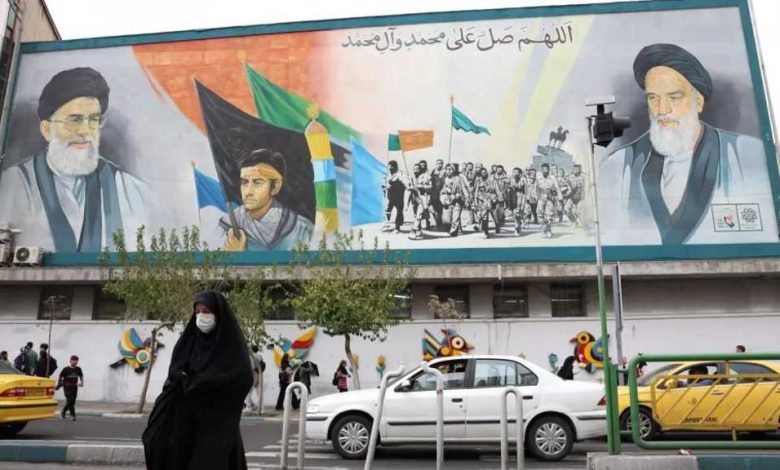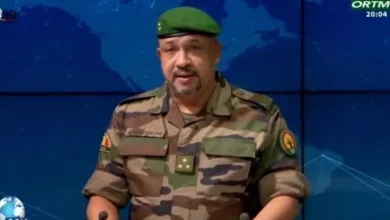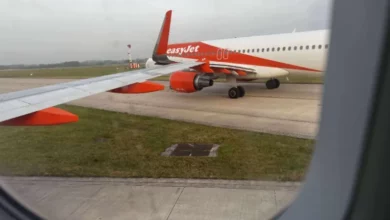Iran faces hard choices between risks of escalation or appearing weak


Israel’s attack on Iran deepens the war in the Middle East. Avoiding, or risking, an even worse escalation is at the heart of decisions being taken by Iran’s supreme leader, Ayatollah Ali Khamenei and his key advisors.
They must decide on the least bad of a series of difficult choices. At one end of the spectrum is hitting back with another wave of ballistic missiles. Israel has already threatened to retaliate again if that happens.
At the other is deciding to draw a line under the destructive exchanges of direct strikes on their respective territories. The risk for Iran if it holds its fire is that looks weak, intimidated and deterred by Israel’s military power and political determination, backed up by the United States.
In the end, the supreme leader and his advisers are likely to take the decision that, in their view, does least harm to the survival of Iran’s Islamic regime.
Iran’s official media in the hours before and after Israel’s attacks carried defiant statements that, at face value, suggest the decision to respond had already been taken. Its language resembles Israel’s, citing its right to defend itself against attack. But the stakes are so high that Iran might decide to walk its threats back.
That is the hope of Britain’s Prime Minister Sir Keir Starmer, who fell in behind America’s insistence that Israel has acted in self-defence.
“I am clear that Israel has the right to defend itself against Iranian aggression,” he said. “I’m equally clear that we need to avoid further regional escalation and urge all sides to show restraint. Iran should not respond.”
Iran’s own statements have been consistent since its ballistic missile on Israel on 1 October. A week ago, Iran’s Foreign Minister Abbas Araghchi told Turkey’s NTV network that “any attack on Iran will be considered crossing a red line for us. Such an attack will not go unanswered.”
Hours before the Israeli strikes, the Iranian Foreign Ministry spokesperson Esmail Baqai said: “Any aggression by the Israeli regime against Iran will be met with full force.” It was, he said, “highly misleading and baseless” to suggest that Iran would not respond to a limited Israeli attack.
As the Israeli aircraft were heading back to base Iran’s foreign ministry invoked its right to self defence “as enshrined in Article 51 of the UN Charter”. A statement said Iran believed it was both entitled and obligated to respond to foreign acts of aggression.




